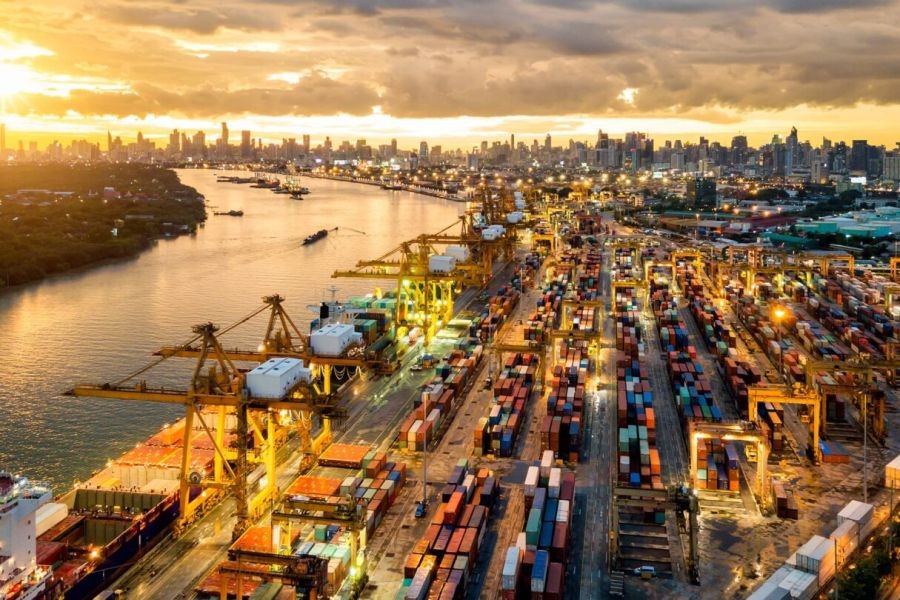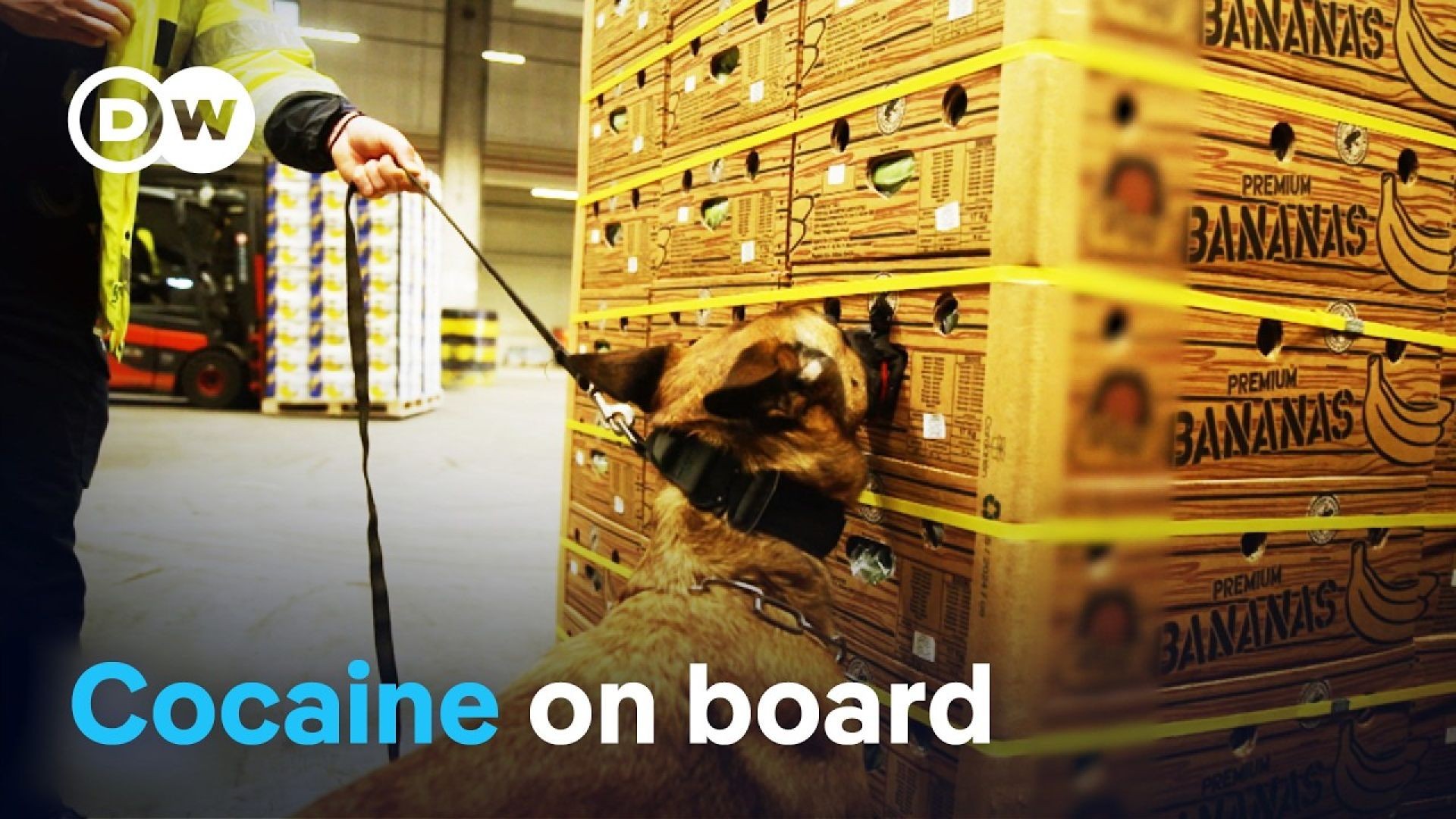In the dynamic landscape of Australian businesses, efficient logistics management is a critical aspect that can determine success or failure. However, even the most astute businesses can fall prey to common budgeting errors that can derail their logistics operations. With Australia's unique economic environment, characterized by both vast geography and regulatory nuances, these mistakes can have amplified consequences. This article delves into five logistical budgeting errors that Australian businesses must avoid, providing insights backed by data, expert opinions, and real-world examples. By understanding these pitfalls, businesses can streamline operations, enhance efficiency, and contribute to a robust bottom line.
1. Underestimating Transportation Costs
One of the most prevalent mistakes in logistics budgeting is underestimating transportation costs. Australia’s expansive geography poses unique challenges, making transportation a significant expense for businesses. According to the Australian Bureau of Statistics (ABS), transportation costs account for approximately 40% of total logistics expenses for Australian companies. This is exacerbated by fluctuating fuel prices and varying regional accessibility.
Case Study: XYZ Pty Ltd – Overcoming Transportation Challenges
XYZ Pty Ltd, a mid-sized retailer based in Melbourne, was struggling with escalating transportation costs, impacting their overall profitability. By leveraging route optimization software and consolidating shipments, they managed to reduce transportation expenses by 15% within six months. This strategic move not only optimized their budget but also improved delivery times, enhancing customer satisfaction.
Takeaway: Businesses must conduct thorough cost analyses and consider technological solutions like route optimization to manage transportation costs effectively.
2. Ignoring Inventory Carrying Costs
Another common mistake is overlooking the costs associated with carrying inventory. Holding excess inventory can tie up capital and increase storage costs, while insufficient inventory can lead to stockouts and lost sales. The Reserve Bank of Australia (RBA) notes that poor inventory management can reduce profitability by up to 25% for Australian businesses.
Case Study: GreenTech Solutions – Inventory Optimization
GreenTech Solutions, a Brisbane-based technology firm, faced significant challenges with inventory management. By implementing a just-in-time (JIT) inventory system, they aligned their production schedules with demand forecasts, reducing inventory carrying costs by 20% and minimizing waste.
Takeaway: Implementing inventory management systems like JIT can help businesses maintain optimal inventory levels, thus reducing carrying costs and improving cash flow.
3. Overlooking Regulatory Compliance Costs
Regulatory compliance is a critical aspect of logistics budgeting that businesses often overlook. The Australian Competition & Consumer Commission (ACCC) and the Australian Prudential Regulation Authority (APRA) enforce regulations that can lead to substantial penalties if not adhered to. Compliance issues can cost businesses an average of 4% of annual revenue, as per a report by ASIC.
Case Study: SecureShip Logistics – Navigating Compliance
SecureShip Logistics, operating in Sydney, encountered compliance challenges that threatened their operations. By investing in compliance management software and training for their staff, they not only avoided hefty fines but also improved operational efficiency.
Takeaway: Proactively managing compliance through technology and training can mitigate risks and avoid unnecessary costs.
4. Failing to Incorporate Technological Advancements
In today’s digital age, failing to incorporate technological advancements into logistics processes can be a costly oversight. Technologies such as Artificial Intelligence (AI), blockchain, and the Internet of Things (IoT) are transforming logistics, offering improved efficiency and cost savings. According to Deloitte, Australian businesses implementing AI in logistics reported a 30% cost reduction in operations.
Case Study: FastTrack Couriers – Embracing AI
FastTrack Couriers, based in Perth, integrated AI-driven logistics management solutions to optimize route planning and load management. This led to a 25% reduction in fuel consumption and a 20% increase in delivery efficiency.
Takeaway: Embracing technological advancements can provide significant cost savings and improve operational performance.
5. Inadequate Risk Management Strategies
Effective risk management is crucial in logistics budgeting. Unforeseen disruptions such as natural disasters, geopolitical tensions, or supply chain disruptions can lead to significant financial losses. The Treasury AU emphasizes that having robust risk management strategies can reduce potential losses by up to 40%.
Case Study: Oceanic Imports – Strategic Risk Management
Oceanic Imports, operating out of Adelaide, faced supply chain disruptions due to international trade tensions. By diversifying their supplier base and investing in risk assessment tools, they minimized disruptions and maintained steady operations.
Takeaway: Developing comprehensive risk management strategies is vital for mitigating potential disruptions and safeguarding business operations.
Common Myths & Mistakes in Logistics Budgeting
It’s easy to fall into the trap of logistics myths. Here are three misconceptions that Australian businesses should be wary of:
- Myth: "Technology is too costly for logistics operations." Reality: The initial investment in technology can lead to long-term savings and efficiency gains, as demonstrated by companies like FastTrack Couriers.
- Myth: "Compliance is only a concern for large corporations." Reality: Compliance affects businesses of all sizes, and ignoring it can lead to substantial penalties and operational disruptions.
- Myth: "Risk management is an unnecessary expense." Reality: Proactive risk management can prevent significant financial losses and ensure business continuity, as shown by Oceanic Imports.
Future Trends & Predictions in Australian Logistics
Looking ahead, the logistics sector in Australia is poised for significant transformation. The integration of AI and blockchain is expected to redefine logistics processes, offering enhanced transparency and efficiency. By 2028, it's predicted that 50% of logistics operations in Australia will be automated, according to a report by McKinsey.
Additionally, sustainability will play a critical role, with businesses increasingly adopting green logistics practices to meet environmental standards and consumer expectations. The CSIRO forecasts that by 2030, 50% of Australia’s logistics fleet will transition to electric vehicles, significantly reducing carbon emissions.
Conclusion
The logistics landscape in Australia is evolving rapidly, and businesses must adapt to stay competitive. By avoiding these common budgeting errors and embracing technological advancements, businesses can optimize their logistics operations, reduce costs, and enhance efficiency. As the industry moves toward automation and sustainability, staying ahead of trends and implementing strategic solutions will be crucial for success.
What strategies have worked for your business in Australia? Share your insights and experiences below!
Related Search Queries
- Logistics budgeting tips for Australian businesses
- How to reduce transportation costs in Australia
- Inventory management strategies for Australian companies
- Compliance costs in Australian logistics
- Future trends in Australian logistics industry
People Also Ask
How does logistics budgeting impact businesses in Australia?
Effective logistics budgeting can lead to cost savings and improved operational efficiency, which are crucial for maintaining competitiveness in Australia's expansive market. Businesses that optimize their logistics budget can achieve up to 25% higher profitability, according to the RBA.
What are the biggest misconceptions about logistics budgeting?
One common myth is that technology is too costly for logistics operations. However, research from Deloitte shows that implementing AI can reduce logistics costs by up to 30%, proving technology is a valuable investment.
What upcoming changes in Australia could affect logistics budgeting?
By 2030, policy updates focusing on environmental standards will require businesses to adopt sustainable logistics practices. The shift towards electric vehicles and automation will significantly impact logistics budgeting strategies.

































Alarm For Deaf People
4 months ago